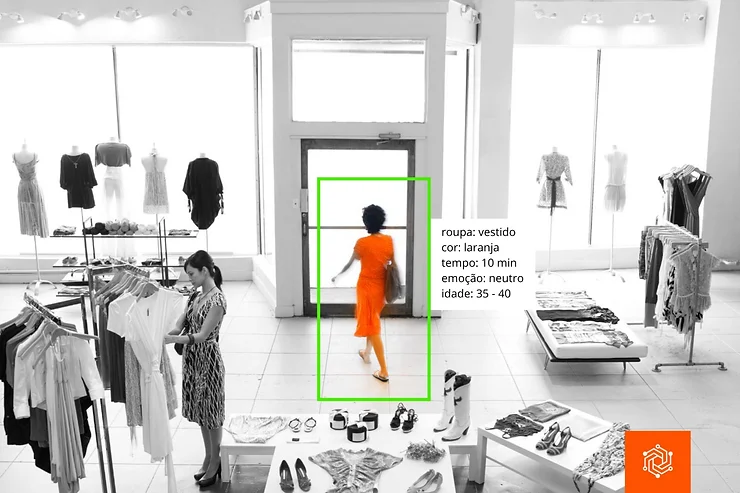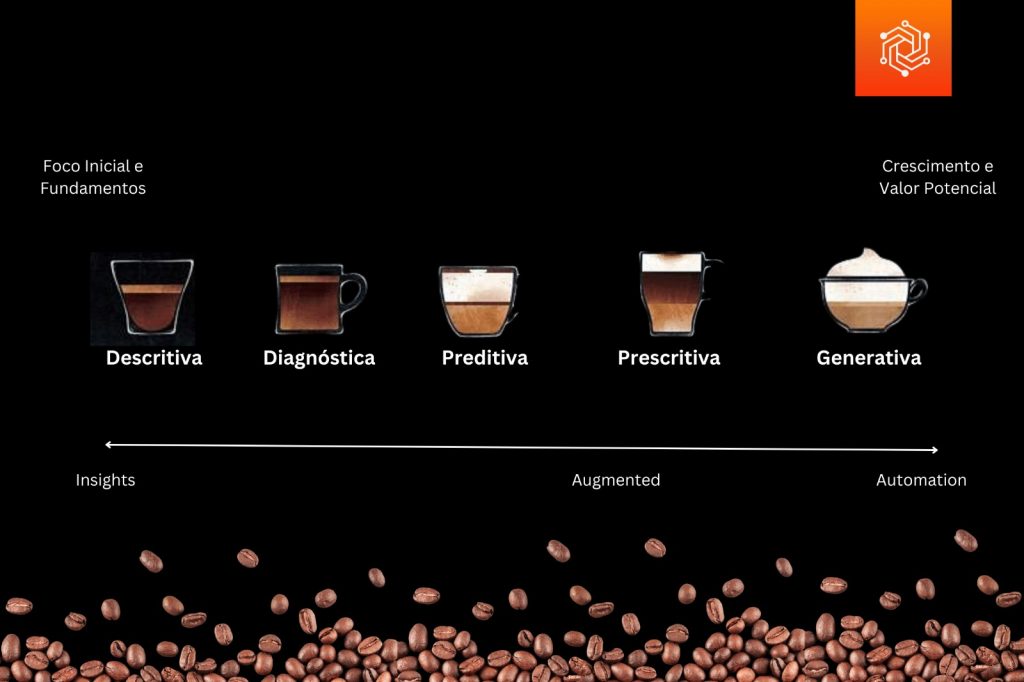News

How to Increase Your Sales with Recommendation Systems and AI
Have you ever been unsure about what to watch on Netflix or other streaming platforms to the point of giving up on the decision? This feeling is common. That’s why these companies are investing more and more in recommendation systems and Artificial Intelligence (AI), which also benefit online stores. Did you know that?
In essence, these technologies recommend items based on the interests of the audience. This gives the consumer an extra nudge towards making a purchase. This is important because, especially on the internet, customers receive countless stimuli that can distract them from making a purchase.
Would you like to understand more about the relationship between recommendation systems, AI, and e-commerce data? Keep reading!
What is a recommendation system?
First, understand that a recommendation system consists of computational techniques that optimize digital searches for users. This is done through data analysis, AI, and algorithms. These interpret the interests and needs of the audience based on how they navigate digitally.
In other words, the way they behave on the web serves as information, collected to serve as a reference in selecting the displayed items. For example, if you search for plants on Instagram, you should notice the display of related content.
How does the recommendation system work in e-commerce?
In the last section, you understood what a recommendation system is and saw a practical example of it on social media. In e-commerce, the operation is very similar. That is, first, there is the collection of information to build a user profile.
This is done through other searches made by the customer, which can generate explicit or implicit data. For example, if they explicitly searched for ‘MDF furniture’ on Google and social media, the generated data signals an interest in the product.
Meanwhile, implicit data is produced spontaneously by users. This includes clicks on pages, dwell time, interactions with posts, and so on. This behavior leaves traces on the web. Therefore, the recommendation system starts suggesting items similar to those searched.
What are the benefits of the recommendation system and AI for e-commerce?
After understanding how the recommendation system and AI work in e-commerce, the next step is to look at their benefits. Check it out!
Increased ROI (Return on Investment)
For an e-commerce to make its investments worthwhile, it needs customers who buy its products. By facilitating this process with the help of recommendation systems and AI, the ROI is elevated.

An example of this was a case from Artycs for a client in the banking and insurance industry. The goal was to increase sales with the help of the mentioned solutions. As a result, there was an ROI of R$ 504 for every R$ 1 invested in the project.
Greater customer and employee engagement
By providing better experiences for the audience, it’s easier to increase their engagement. Along with this, the results achieved also motivate employees in the business. This is what happened with our mentioned success case.
Better tracking of customer profiles
The recommendation system and AI help in segmenting customers, such as by separating them by their stage in the consumer journey. This makes it easier to track the progress of each user and measure business performance. Additionally, this is useful for promoting targeted actions.
As seen, the recommendation system and AI offer many benefits for e-commerce. These directly or indirectly reflect in increased sales. Therefore, investing in these technologies enhances the competitive advantage of your online store.
So, would you like to know how we at Artycs can help you implement the recommendation system? Get in touch with us and find out!
See the latest news here
Artycs – Knowledge 2024
Excited for Knowledge 2024? We’re counting down to this major… Continuar lendo Artycs – Knowledge 2024
How to Apply Computer Vision in Retail.
Computer vision is a field of study responsible for interpreting… Continuar lendo How to Apply Computer Vision in Retail.
The Future of Payments with Open Banking
Increasingly, we are moving towards a cashless world, meaning without… Continuar lendo The Future of Payments with Open Banking
System-to-System AI, Multi-Agentes, AI Enabled Workflow and Digital Teamwork: The Future of Artificial Intelligence
In today’s rapidly evolving technological landscape, artificial intelligence (AI) has… Continuar lendo System-to-System AI, Multi-Agentes, AI Enabled Workflow and Digital Teamwork: The Future of Artificial Intelligence
Where to apply Analytics, Machine Learning, and the latest evolution Generative AI.
2023 is the year of artificial intelligence; never before has… Continuar lendo Where to apply Analytics, Machine Learning, and the latest evolution Generative AI.
Data and Oil: Understanding Their Significance for Business!
With the exponential increase in digital transformation, data analysis has… Continuar lendo Data and Oil: Understanding Their Significance for Business!
How to Increase Your Sales with Recommendation Systems and AI
Have you ever been unsure about what to watch on… Continuar lendo How to Increase Your Sales with Recommendation Systems and AI
ServiceNow Summit São Paulo: Transforming the World in Times of Change
On the upcoming August 30th, São Paulo will host an… Continuar lendo ServiceNow Summit São Paulo: Transforming the World in Times of Change












